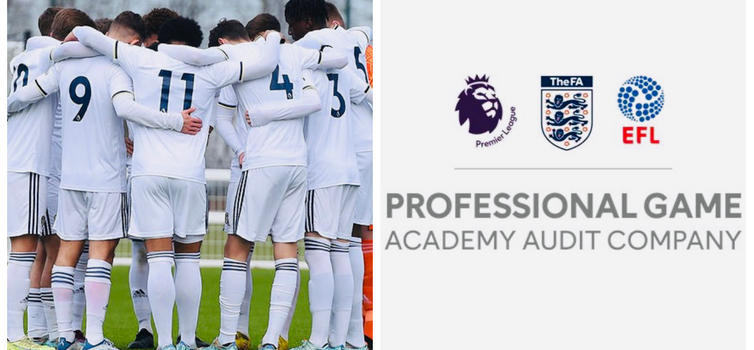Gary Penn: Half-time in the Academy audit cycle

PGAAC was created and funded by the Premier League, EFL and FA
Written by Training Ground Guru — January 13, 2023
THE Professional Game Academy Audit Company (PGAAC) was set up in 2018 to provide independent quality assurance of club Academies.
Prior to this, the Belgian company Double Pass had conducted audits on behalf of the Premier League, Football League and Football Association.
PGAAC was a game-owned alternative and has quickly made waves, demoting clubs from their categories for the first time last season, including Category One Birmingham, Burnley and Reading.
Covid has seriously disrupted the audit process since PGAAC was formed, meaning assessment had to be done remotely during the previous three-year cycle, with clubs awarded only provisional one-year licences in 2020.
However, we are now halfway through PGAAC’s first full-assessment audits. This means four-day site visits by auditors are happening again, with areas including leadership and management, coaching, performance support, education, player care, safeguarding and medical and emotional wellbeing being assessed.
Each area is graded either very good, good, satisfactory, inadequate or in need of immediate review.
In addition, every club has its Academy audited each season to ensure they are safe to operate and complying with the Youth Development Rules.
To mark the halfway stage of this three-year cycle of audits, Gary Penn, a member of PGAAC’s leadership and management team, has written an informative post about the process.
“Our dual role at PGAAC is to regulate and stimulate clubs through independent quality assurance while providing effective support to clubs,” writes Penn on LinkedIn. “The work requires liaison with leagues and FA, which govern the process and provide club support upon the adequacy of their provision and arrangements
“There are several critical success factors at this halfway stage to gauge the performance of the PGAAC. Still, many of these are intrinsically linked to the Elite Player Performance Plan (EPPP) and many grassroots and professional clubs' great work in helping develop young footballers and people who aid greater society.
“These success factors include the overall productivity of the Academy in terms of the number of players who graduate into professional football, enhanced coaching provision, more time for players to play and be coached and educated within a football setting, greater investment into facilities, resources, equipment and staff, and stronger and more successful national teams.
“I believe that PGAAC, monitoring the heart of the EPPP, continues to drive standards and increase awareness of academy provision across the system. We strive for continuous improvement in supporting the development of the world's leading Academy system by providing independent and discipline-specific quality assurance to all club Academies in the professional game.”






-1.png)





